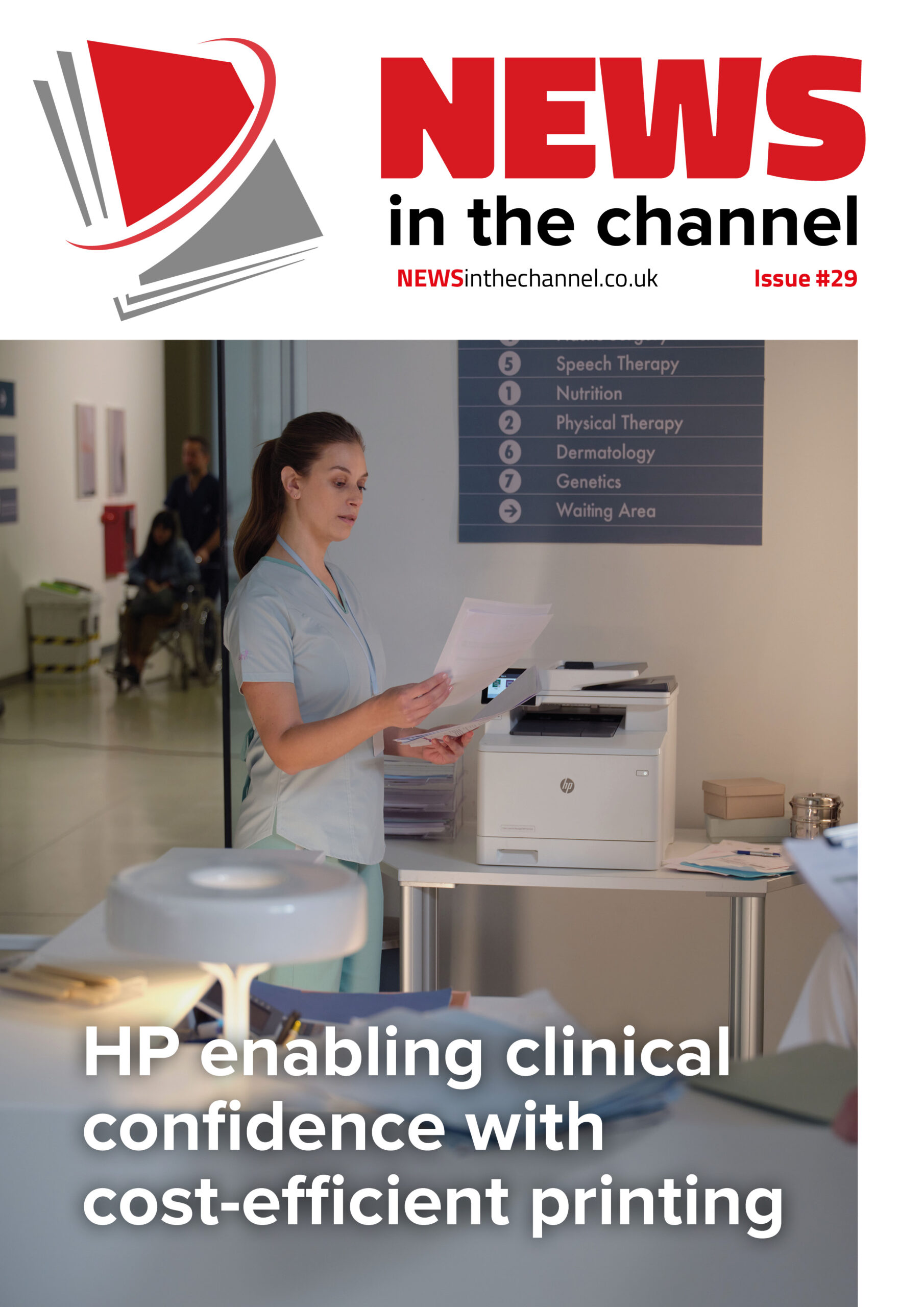With many organisations committed to hybrid working, James Stacey asks how IT resellers can help their customers maintain system security when workforces are dispersed. Security is one of the most important functions of any IT department – and even before the move to remote working, staying ahead of the latest threats was an ongoing challenge.
Now more workers are logging in from home, on public WiFi and using their own devices. Outside of the office, they aren’t protected by commercial-grade firewalls, and perhaps don’t run software updates as quickly as they should. They may also be more susceptible to phishing emails when not in a professional environment.
Security is particularly difficult for SMEs, where IT responsibilities might fall to a small team or even just one individual.
The benefits of hybrid working are now well documented, including better work-life balance and improved productivity. Still, no company can afford the financial and reputational fallout of a data breach, so how can they bolster security while also easing the burden on already-stretched IT teams?
Moving to the cloud
Moving IT operations to the cloud, with a software as a service (SaaS) model, makes it easier to facilitate hybrid working and security at the same time. Whereas on-premises servers must be maintained, and can be difficult to access when off-site, cloud-based products are available from anywhere, via any device – users simply log on from a password-protected webpage.
One advantage of cloud software is that users enjoy a seamless experience and a high degree of functionality, no matter where they’re located, so they’re less likely to devise their own sometimes risky ways of working. Of course, cloud-based systems can still be subject to successful cyberattacks, but a good provider will use data centres with multiple levels of security and continually check for vulnerabilities to minimise the risk.
IT resellers have an important role to play in helping their customers choose the right software to support cloud migration and improve security – but it’s just as important to consider the hardware. In the connected world, every networked device poses a potential security risk unless they’re properly managed.
Take printing: in the hybrid working age, web-enabled printers are a useful way for employees to send documents for printing in the office, ahead of a meeting or because they require a signature.
What’s important is that everyone can save their documents in a single secure cloud environment, rather than on the desktops. Even if a device is lost or stolen, files are safely stored and easily retrieved. Similarly, moving away from storing documents on on-premises servers means that confidential information won’t be lost if they’re damaged.
<span”>Companies that use managed print services (MPS) benefit from enhanced security because every device is carefully managed throughout its lifecycle. Once again, a good service provider will proactively look for bugs and vulnerabilities in the software, which reassures IT departments that their systems are well protected.
Robust systems needed
IT resellers and MPS providers cannot deliver the level of service their customers expect without having their own robust systems in place.
Behind the scenes, many now rely on enterprise resource planning software to efficiently manage all their business processes in one place, which helps to improve customer service. Devices can be tracked, and maintenance scheduled at a suitable time to mitigate security threats while minimising downtime. A customer relationship management tool enables providers to anticipate customers’ needs and be ready with a solution.
Hybrid working is here to stay – and with the right partnerships in place, more SMEs can realise the benefits and improve their security. With less hardware and software to manage, IT teams have more time to create and update security policies, deliver training and promote best practice. As a result, employees know exactly what is and isn’t permitted– such as use of personal devices – and are alert to the risks of phishing attacks and weak passwords.
ecisolutions.com











